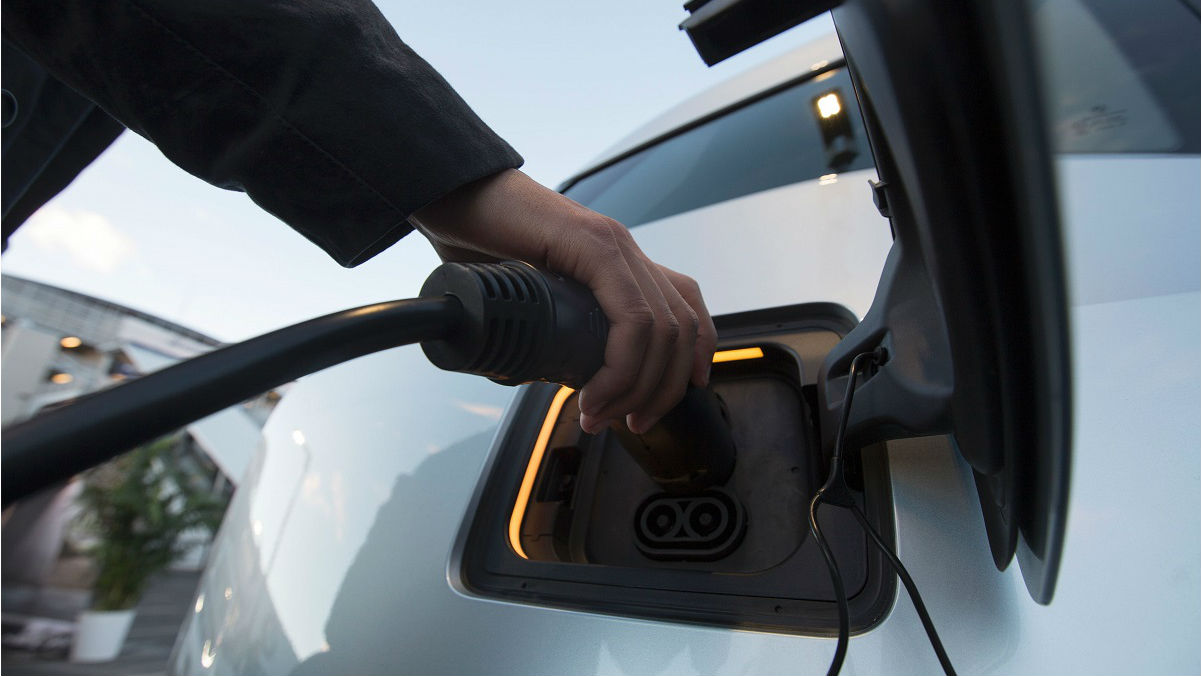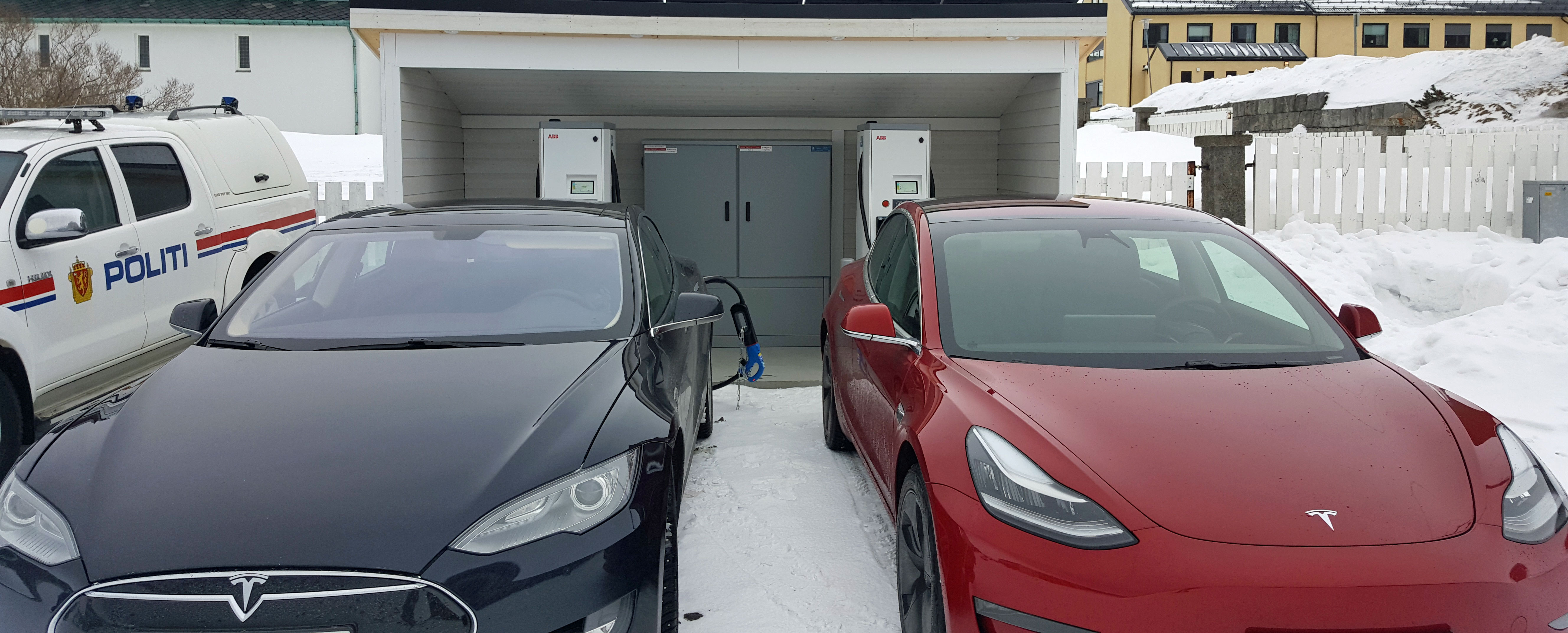Electric car sales setting records in Norway

In times of global warming, policy measures with tax exemptions makes Norway the third largest market for electric vehicles in the world, after China and the United States.
An incredible boost in sales for zero emission cars took place in March. According to Elbilstatistikk.no, a total of 11,518 electric vehicles were registered, nearly twice as much as in March 2018, which again was nearly twice as much as March 2017. The figures include nearly new cars imported from abroad.
The detailed sales numbers clearly paint the picture of what’s going on. Nine of the top 12 models in the March statistics are electric with Tesla Model 3, VW eGolf, BMW i3, Nissan Leaf and Audi E-tron as top five among the all-electric models.
Sales could have been even higher. Thousands of Norwegians are on waiting lists with supply lagging behind demand.
No other countries in Europe are close to Norway’s figures.
“These are historical figures,” says Terje Moe Gustavsen, Director of the Norwegian Public Roads Administration. “It happened fast,” he says, commenting on the March sales.
“When we look back, it’s not more than five years ago since the goal for electric car policies was made. At that time, we had just over 10,000 electric cars,” Terje Moe Gustavsen elaborates.
Last year, electric car sales in Norway grew by 40%, bringing the total share of all-electric cars up to 31%. If the current trend continues through 2019, more than half of all new cars will be electric, bringing the country a big step closer to the government’s ambitious goal to have all new cars with zero emissions by 2025.
Moe Gustavsen says there will be 1.5 million electric cars on the roads in Norway by 2030 with the current prognosis.
By March 31st, some 226,000 all-electric cars are registered in Norway, a country with about five million inhabitants.
Additional to tax exempts on all-electric cars, drivers are offered benefits like free or reduced toll road fees, free parking and in many places free charging.
Challenges up north

A challenge, though, is the shortage of fast chargers along the roads to keep the fast growing fleet of electric vehicles running.
The Norwegian Electric Vehicle Association now calls for highly necessary investment into new fast chargers in Finnmark. The association says there is only one charger in Norway’s northernmost region, located in Kirkenes. Next one is in Sørkjosen in Troms, a distance of 626 kilometers along European highway E6.
Not enough to balance out fossil fuel industry
With less fossil-fueled cars on the roads, emission of CO2 from road traffic was down 9,5% in 2017 compared with 2016, figures from Statistics Norway show. For Norway as such, however, total emissions of CO2 was down only 1,6% from 2016 to 2017. Compared with 1990, emissions are actually up 3%.
Greenhouse gas emissions in the European Union were down 21,9% in the same period. In Sweden, the drop was 26% from 1990 to 2017.
Norway’s oil and gas production and industry are the main sources to CO2-emissions. Also, Norway is the country in Europe with the most airline trips per capita.
Related stories from around the North:
Canada: Communities in northern Canada struggling with high fuel prices, CBC News
Finland: Finnish housing companies hesitant to install charging stations for electric cars, Yle News
Norway: Challenges ahead for electric car chargers along Europe’s northernmost highway, The Independent Barents Observer
Russia: Arctic electric rally hits the road towards Northwestern Russia, The Independent Barents Observer
Sweden: Northern Swedish city launches battery-powered bus route, The Independent Barents Observer
United States: Alaska’s first, electric public transit bus ready to hit Anchorage streets, Alaska Public Media



